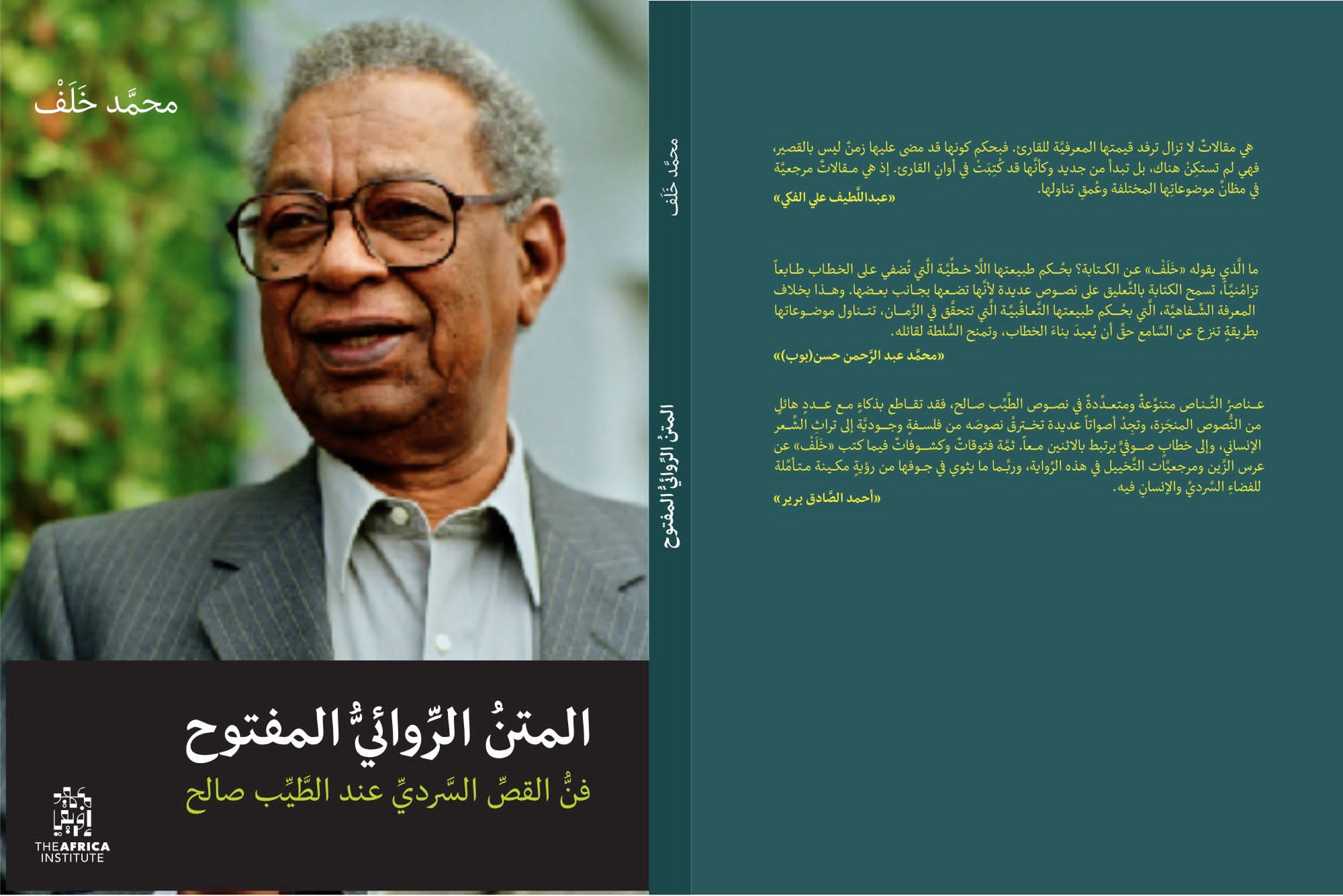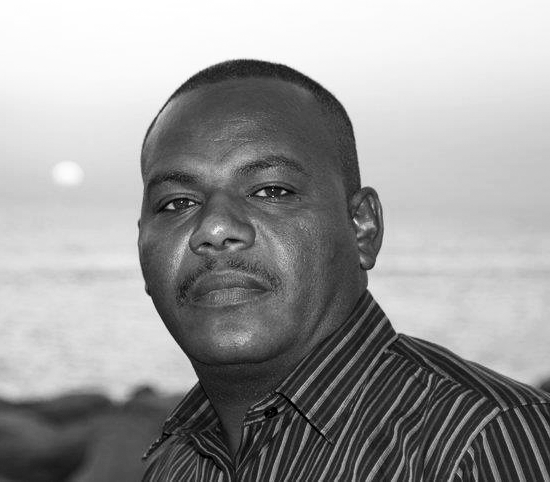
New Book by Mohamed Khalafallah Explores the Narrative Corpus of Tayeb Salih
Al-Asma‘i Bashari
The Andaleeb Cultural Café in Cairo, in partnership with Dar Al-Musawarat for Printing and Publishing, will host on Thursday, July 3, 2025, the launch of The Open Narrative Corpus: The Art of Narrative Prose in Tayeb Salih’s Work by the writer, researcher, and literary critic Mohamed Khalafallah. This marks his first published book.
Mohamed Khalafallah, a Sudanese writer and critic based in the United Kingdom, is well known in Sudanese cultural and literary circles for his thoughtful, rigorous articles on cultural studies and literary criticism, having published hundreds of essays in newspapers, online platforms, and peer-reviewed journals.
The book, which delves into the narrative world of Tayeb Salih, spans 224 medium-format pages and was recently published by the Africa Institute at the University of Global Studies in Sharjah, United Arab Emirates. It includes a preface by the noted critic Abdullatif Ali Al-Faki, as well as introductory essays by researcher Dr. Mohamed Abdel Rahman Hassan “Bob,” critic Dr. Ahmed Al-Sadiq Barir, and translations by writer and translator Limia Shamat.
In its second chapter, broadly titled Collective Discourse and subtitled An Introduction to Documenting Silence and Ephemeral Orality, written in August 1992 as a long letter to his friend Ali Al-Mahi, Khalafallah summarizes his “writing project” in three objectives. He names these as resisting Hegelian totalizing tendencies, avoiding revolving around any ethnic centrism, and producing a Rashdanian discourse, despite what he called “epistemological obstacles.” Khalafallah states that as part of these objectives, he strives to examine the body and to undertake a wide reading of the Sudanese intelligentsia across intersecting disciplines: political science, literature, history, and anthropology.
Mohamed Khalafallah was born in 1951 and graduated from the Faculty of Arts at the University of Khartoum in 1976.
He was arbitrarily dismissed from Sudan Airways in the early 1990s after the Muslim Brotherhood seized power, and later migrated to the United Kingdom. He is considered part of the first generation of postcolonial thinkers to develop Sudanese–Sudanese approaches in rigorous literary criticism.
Dr. Ahmed Al-Sadiq Barir noted that what distinguishes Khalafallah’s writing is the unique voice with which he has been writing, quietly, since the 1980s. “This is the first time he publishes a book, especially on Tayeb Salih. I have followed his work for years, even though I have never met him. I discovered intersections with this exceptional writing — his distinct critical language, through which he achieved breakthroughs and discoveries in his essays. That is why I wrote about him with love, based on what I call ‘an intellectual kinship,’ a writing parallel to those breakthroughs, if I could truly reach that level,” Barir explained.
He continued: “One last thing, perhaps a bit emotional — the man writes in profound silence and calm, making very rare appearances — far from the city lights, if you will. Most importantly, he survived ‘the world’s afflictions because he was one of the enlightened,’ as Abu Hayyan Al-Tawhidi would say.”
Mohamed Khalafallah’s insights into Tayeb Salih’s texts penetrate deeply into Salih’s narrative worlds, reading them with a different critical consciousness. Building on the concept of the open text, he also opens avenues for “criticism of criticism” — addressing some of what has been written about Salih in the Arab, African, and international spheres, and how much of it failed to penetrate his texts.
Hence, there is a celebration here of collecting great critical texts that had been absent from the scene for decades, by an important writer, thinker, and critic like Mohamed Khalafallah.


